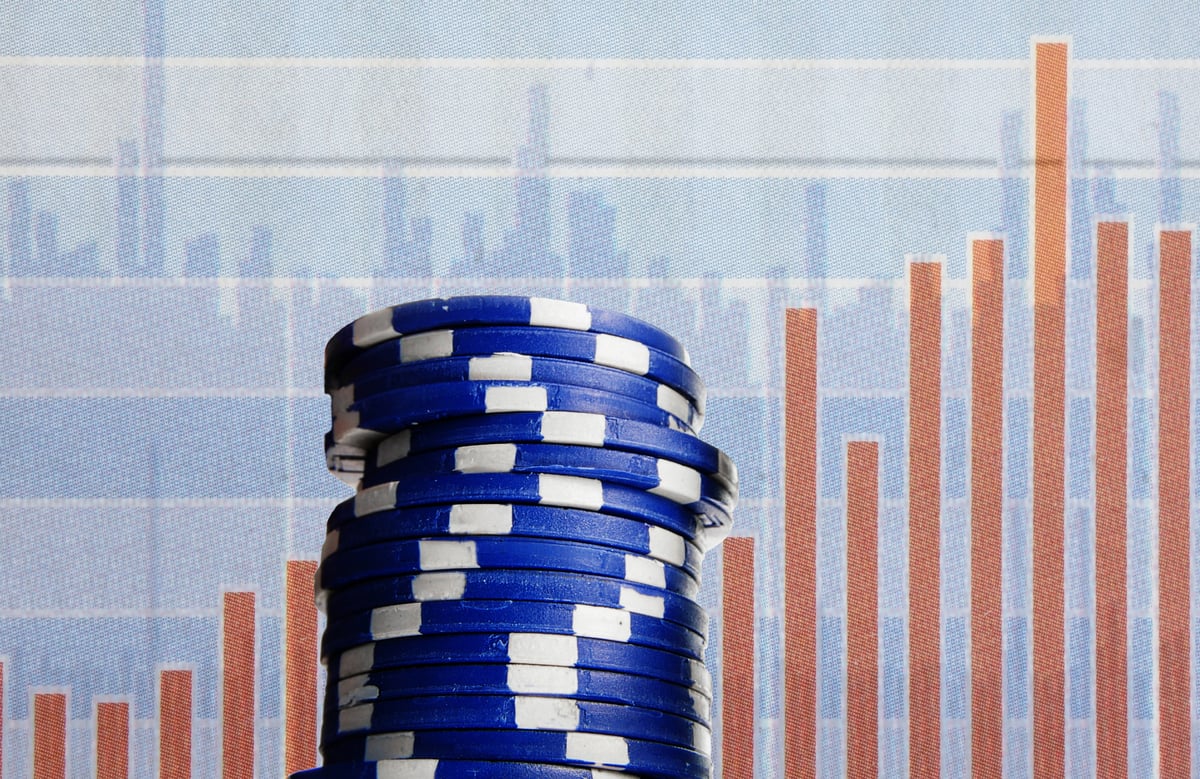Medium, rare, or well-done? There are different opinions as to the best way to cook a burger, and the same is true of making decisions to invest in burger restaurants. Whether you like your companies stable and undervalued, dynamic and growing, or somewhere in the middle, the menu offers tempting alternatives for every taste.
The heavyweight champion
McDonald's (MCD 0.78%) is the undisputed market leader on a global scale. The burger giant owns more than 34,500 restaurants, serving nearly 69 million customers in more than 100 countries each day.
International reach and high-quality locations represent huge competitive advantages for the company. In addition to that, McDonald's owns the most recognizable brand in the business and has tremendous scale advantages when it comes to areas like marketing budget and bargaining power to negotiate with suppliers.
The company operates nearly 80% of its stores via its franchises and affiliates system, and this provides above-average profitability and resilient cash flows through the ups and downs of the business cycle. McDonald's translates those cash flows into growing dividends for shareholders; the company has raised its dividend payments each and every year since paying its first dividend in 1976, including a 5% increase for 2013.
On the other hand, market saturation, increased competition and the trend toward healthier eating habits are putting some heavy pressure on McDonald's lately. Growth has been disappointing in recent quarters, and the company delivered a lackluster 2% increase in revenue during the last quarter due to an uninspiring growth rate of 0.9% in global comparable store sales.
Management is trying to reignite growth via menu innovations and new promotions, and time will tell if these initiatives turn out to be enough to accelerate revenue growth. In the meantime, McDonald's is offering an attractive entry point, trading at a P/E ratio around 17.3 and paying a yummy 3.4% dividend yield.
The return of the king
Burger King (BKW +0.00%) has made an impressive comeback in recent years. The company is still majority controlled by Brazilian private equity firm 3G, but it returned to the public market in June 2012 with renewed strength. It is in the midst of a transformation in its business model, and investors seem quite pleased with the way things are going judging by its stock price, which has risen more than 45% over the last 12 months.
Burger King has refranchised 519 restaurants in the past year; this is having a negative impact on revenues, but margins and earnings are moving in the right direction. The company reported a 39.6% decline in revenue during the last quarter, but adjusted earnings per share grew at a whopping 31.6% year over year due to higher profitability.
The new "Satisfry" french fries have been a promising addition to the company's menu, and comparable-store sales in the Asia-Pacific region have been particularly encouraging with a 3.7% increase during the last quarter. Burger King also raised dividends by $0.01 to $0.07 per share during the last quarter.
With a dividend yield of 1.3% and trading at a P/E ratio near 35, Burger King is quite more expensive than Mc Donald's, but the company is clearly offering superior potential for growth as it continues increasing profitability and expanding into emerging markets.
Small size, big growth potential
Red Robin Gourmet Burgers (RRGB +2.22%) is much smaller than giants like McDonald's and Burger King, with a market cap of only $1.05 billion versus $96.18 billion for McDonald,s and $7.4 billion for Burger King. As of the end of the second quarter, Red Robin had 344 company-operated restaurants and 133 franchises, so this premium burger concept still has plenty of room for expansion.
The company operates somewhere between fast-casual and casual dining, striving for quick customer service but offering superior quality at higher prices. Red Robin offers more than two dozen gourmet burgers served with Bottomless Steak Fries (free refills) and more than 100 different toppings for guests to customize their favorite burger.
The company will report earnings for the third quarter on Nov.r 5, but the numbers for the second quarter looked quite appetizing. Red Robin delivered a 4.3% increase in comparable sales for the quarter, and it now has accumulated 12 consecutive quarters of same-store sales growth. Earnings per share grew by a mouthwatering 48% versus the year-ago period.
Just like its burgers, Red Robin shares are more expensive than those of its more typical fast-food competitors. the stock trades at a P/E ratio of 34.7 and it pays no dividends. For investors who prefer growth over value, this premium high-growth hamburger restaurant may be the way to go.
The meat of the matter
Everybody loves a good burger, but people have different tastes and opinions as to what a good burger is. McDonald's is an undisputably sound stock at an attractive valuation, Burger King is the turnaround play in the sector, and Red Robin is a much smaller company with superior potential for growth over the coming years. Whatever your tastes, one of them is bound to make a tasty pick for your portfolio.







